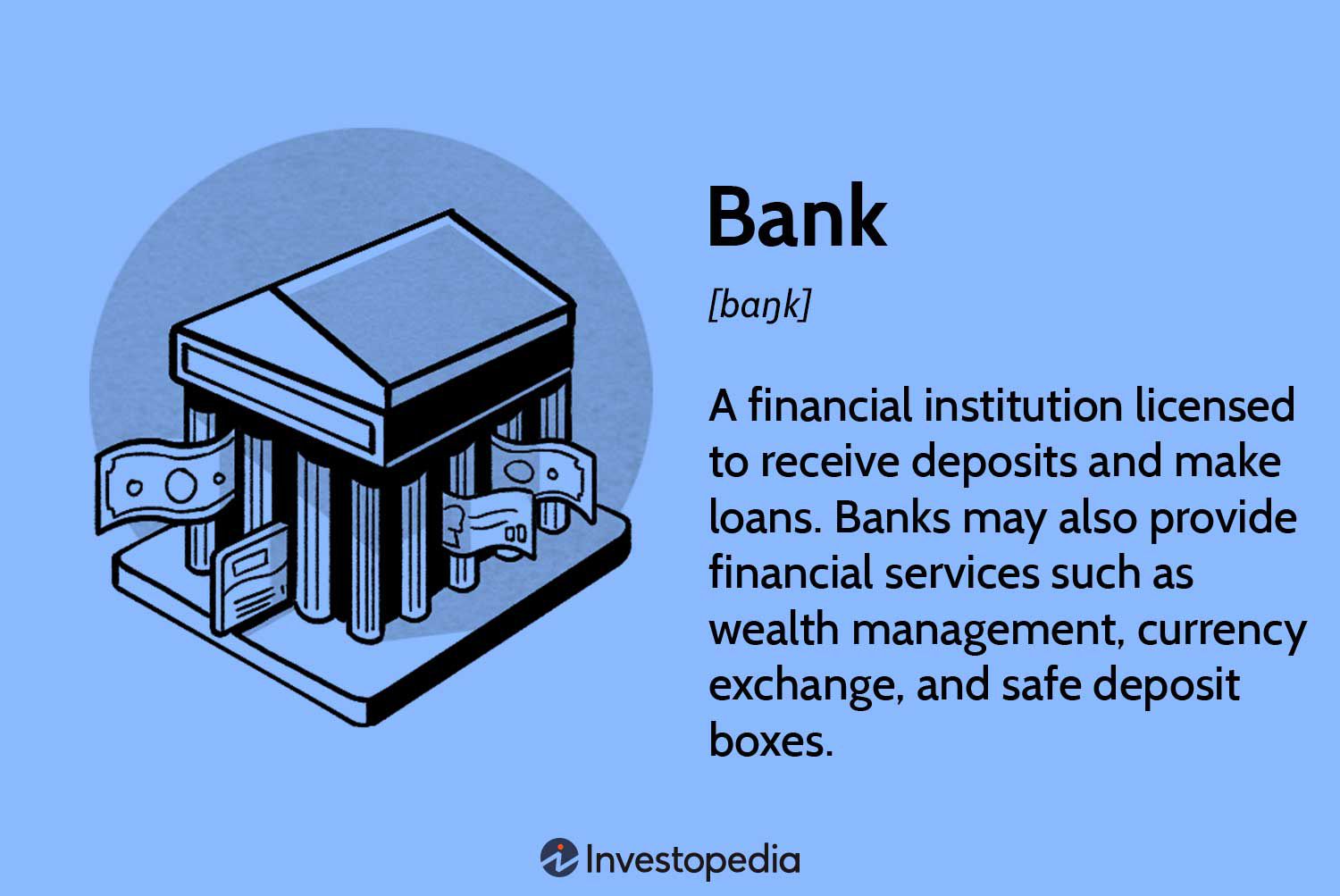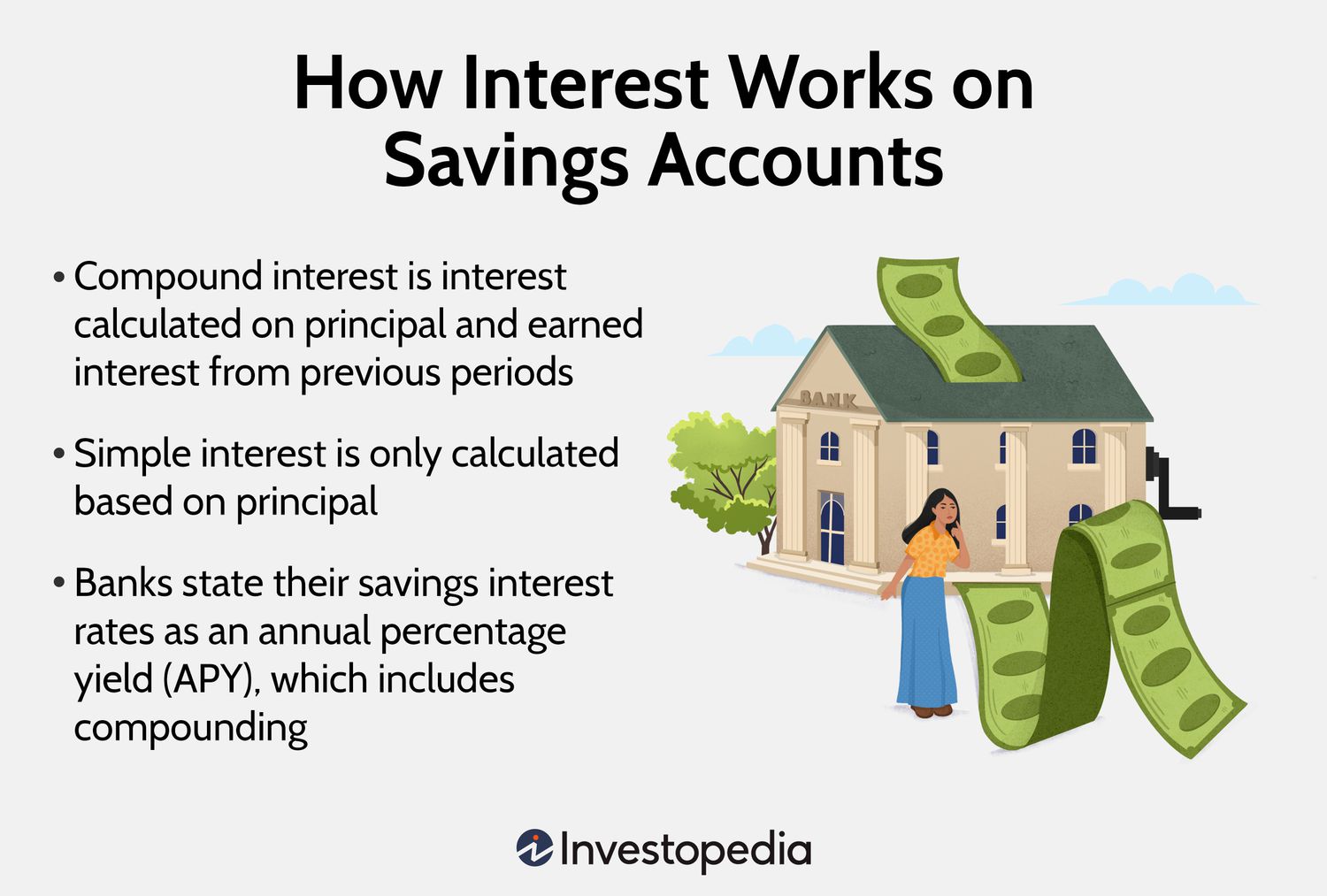
How Interest Rates Impact Your Finances
The Bank of England’s recent decision to maintain interest rates at 5.25% has significant implications for individuals across the UK. While this stability provides a sense of predictability, many are anticipating future cuts that could alter the financial landscape. Let’s delve into how these interest rate movements affect various aspects of personal finance.
Understanding Interest Rates
Interest rates serve as a crucial tool for managing inflation and economic growth. The Bank of England’s base rate, currently at 5.25%, influences the rates at which individuals borrow and save money. This rate is periodically reviewed by the Monetary Policy Committee to align with the target inflation rate of 2%.
According to the Bank of England, interest rates are adjusted based on the prevailing economic conditions. When inflation rises, the Bank may increase rates to curb spending and stabilize prices. Conversely, a decrease in inflation could prompt rate cuts to stimulate economic activity.
 Image for illustrative purposes
Image for illustrative purposes
Impact on Mortgages
For the millions of UK residents with mortgages, interest rate fluctuations directly impact monthly payments. Individuals on tracker or standard variable rate deals witness immediate changes in their payments with each rate adjustment. While those with fixed-rate mortgages are shielded from immediate changes, future deals may be affected.
As mortgage rates remain elevated compared to previous years, prospective homebuyers and those considering remortgaging face higher borrowing costs. With approximately 1.6 million deals set to expire in 2024, many will encounter increased expenses.
Credit Cards, Loans, and Savings
Beyond mortgages, interest rates influence the cost of credit card debt, bank loans, and savings returns. Lenders adjust their rates in response to changes in the base rate, impacting the affordability of borrowing. Low interest rates benefit borrowers but pose challenges for savers seeking higher returns.
 Image for illustrative purposes
Image for illustrative purposes
Future Rate Movements
While the current interest rate environment remains stable, speculations arise regarding potential rate cuts in the future. Despite a recent decline in inflation from its peak, policymakers emphasize the need for sustained moderation to align with the 2% target.
Governor Andrew Bailey acknowledges positive signs of decreasing inflation but underscores the importance of ensuring long-term stability before considering rate adjustments. The balancing act between curbing inflation and supporting economic growth underscores the complexity of interest rate decisions.
Global Comparisons
The UK’s interest rates, among the highest in the G7 economies, reflect a unique position in the global landscape. While other countries have witnessed rate increases, recent pauses in rate hikes by central banks signal a cautious approach to monetary policy.
As the UK navigates its economic trajectory, the decisions surrounding interest rates will continue to shape financial outcomes for individuals and businesses alike.
Stay informed with MortgageWatch for more insights on financial trends and news.
By Sophie Roberts, MortgageWatch Journalist















